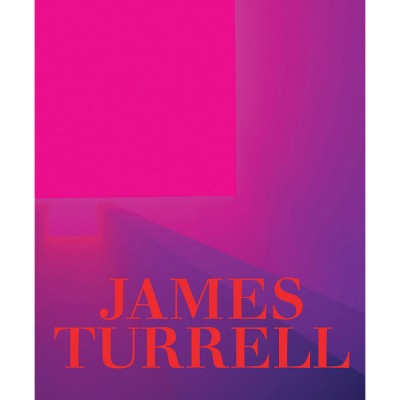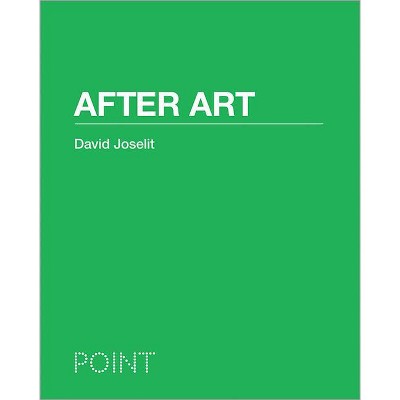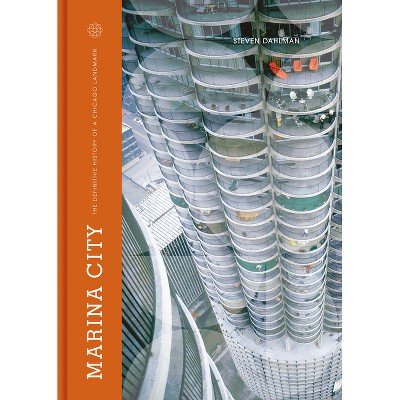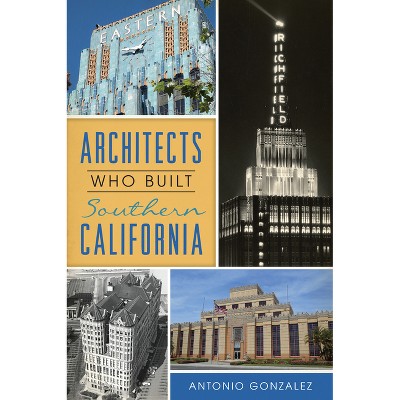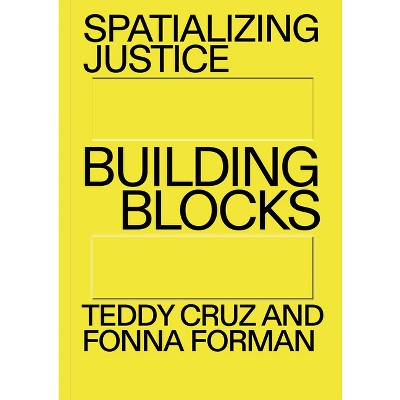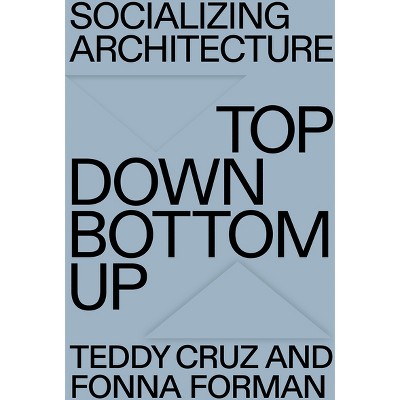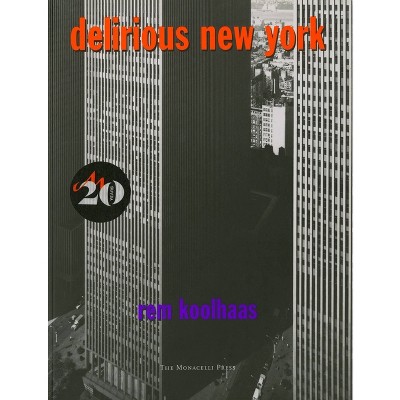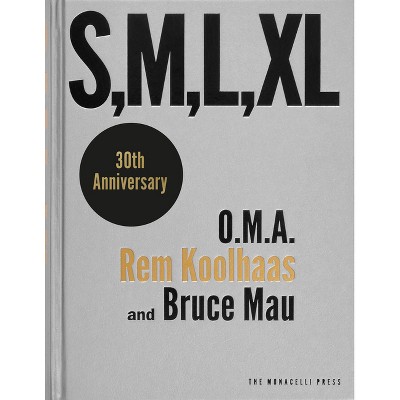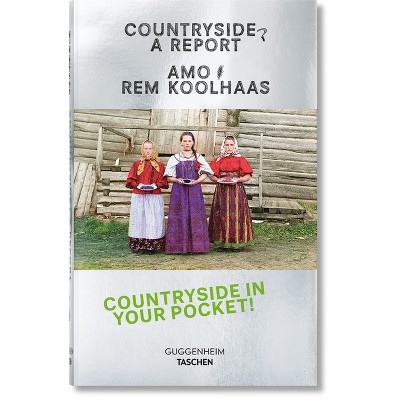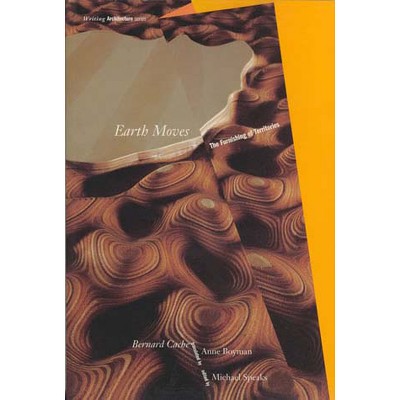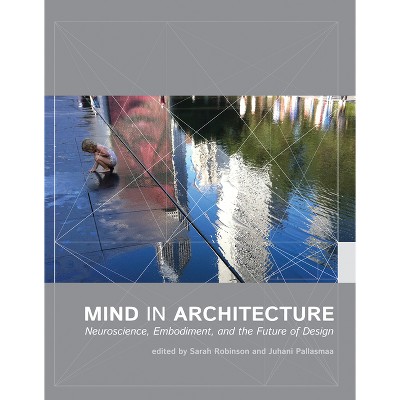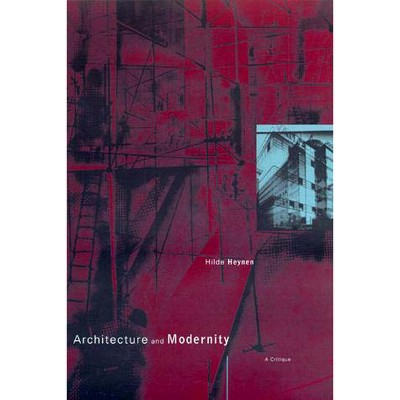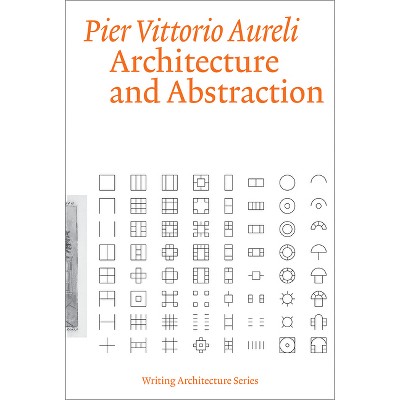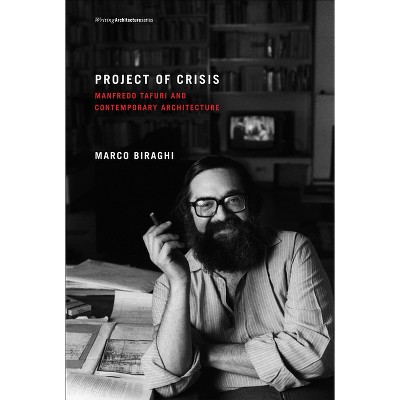Sponsored

Constructions - (Writing Architecture) by John Rajchman (Paperback)
In Stock
Sponsored
About this item
Highlights
- In this series of overlapping essays on architecture and art, JohnRajchman attempts to do theory in a new way that takes off from the philosophy of the late Gilles Deleuze.foreword by Paul Virilio.
- About the Author: Paul Virilio was born in 1932 and has published a wide range of books, essays, and interviews grappling with the question of speed and technology, including Speed and Politics, The Aesthetics of Disappearance, and The Accident of Art, all published by Semiotext(e).
- 156 Pages
- Architecture, Criticism
- Series Name: Writing Architecture
Description
About the Book
In this series of overlapping essays on architecture and art, author John Rajchman calls on the philosophy of the late Gilles Deleuze to help "construct" a new space of connections. Starting from notions of folding, lightness, ground, abstraction, and future cities, he embarks on a conceptual voyage whose aim is to "build" a new idiom, perhaps even to suggest a new architecture.Book Synopsis
In this series of overlapping essays on architecture and art, JohnRajchman attempts to do theory in a new way that takes off from the philosophy of the late Gilles Deleuze.foreword by Paul Virilio. In this series of overlapping essays on architecture and art, John Rajchman attempts to do theory in a new way that takes off from the philosophy of the late Gilles Deleuze. Starting from notions of folding, lightness, ground, abstraction, and future cities, he embarks on a conceptual voyage whose aim is to help "construct" a new space of connections, to "build" a new idiom, perhaps even to suggest a new architecture. Along the way, he addresses questions of the new abstraction, operative form, other geometries, new technologies, global cities, ideas of the virtual and the formless, and possibilities for critical theory after utopia and transgression.
From the Back Cover
In this series of overlapping essays on architecture and art, John Rajchman attempts to do theory in a new way that takes off from the philosophy of the late Gilles Deleuze. Starting from notions of folding, lightness, ground, abstraction, and future cities, he embarks on a conceptual voyage whose aim is to help "construct" a new space of connections, to "build" a new idiom, perhaps even to suggest a new architecture. Along the way, he addresses questions of the new abstraction, operative form, other geometries, new technologies, global cities, ideas of the virtual and the formless, and possibilities for critical theory after utopia and transgression.About the Author
Paul Virilio was born in 1932 and has published a wide range of books, essays, and interviews grappling with the question of speed and technology, including Speed and Politics, The Aesthetics of Disappearance, and The Accident of Art, all published by Semiotext(e).Shipping details
Return details
Frequently bought together

Guests also viewed
